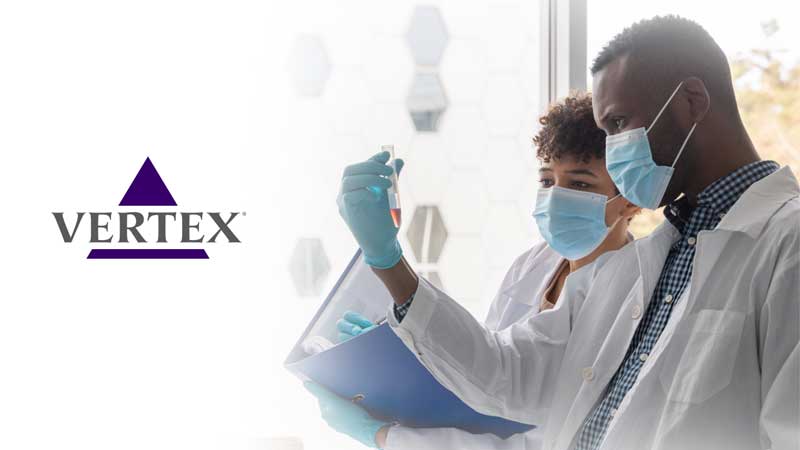The brilliance of a human life experience can be put down to a host of different factors, and yet none would deserve the honor more than our ability to grow on a consistent basis. This progressive approach, on our part, has already got the world to hit upon some huge milestones, with technology appearing as a major member of the stated group. The reason why technology enjoys such an esteemed stature among people is, by and large, predicated upon its skill-set, which ushered us towards a reality that nobody could have ever imagined otherwise. Nevertheless, if we look up close for a second, it will become clear how the whole runner was also very much inspired from the way we applied those skills across a real world environment. The latter component was, in fact, what gave the creation a spectrum-wide presence, and consequentially, kickstarted a tech revolution. Of course, this revolution then went on to scale up the human experience through some outright unique avenues, but even after achieving such a monumental feat, technology will somehow continue to produce the right goods. The same has grown increasingly evident over the recent past, and assuming one new healthcare-themed development shakes out just like we envision, it will only make that trend bigger and better moving forward.
The US Food and Drug Administration has formally approved Vertex Pharmaceuticals’ CRISPR-based gene therapy called Casgevy for treating beta thalassemia. To give you some context, beta thalassemia is basically an inherited disease in which genetic mutations lead to low levels of functional hemoglobin, the oxygen-carrying protein found in red blood cells. These low levels functional hemoglobin are problematic because they can birth conditions like anemia, and other severe medical consequences in patients. Now, we can use blood transfusions to take on the condition, but that involves undergoing the procedure frequently, something which doesn’t quite make up as a convenient alternative. As for therapeutics, while Bristol Myers Squibb has a drug called Reblozyl approved for treating the anemia associated with beta thalassemia, the stated treatment doesn’t exactly cure the disease. Given this limitation, it is just able to reduce the need for blood transfusions rather than achieving complete elimination of the same. So, how does Vertex’s Casgevy solve such a medical conundrum? Well, made from patient’s own stem cells, the drug leverages CRISPR technology to edit a gene in those cells for the purpose of manufacturing high fetal hemoglobin quotient. In practice, the mechanism is preceded by a phase where the patient is prepared through a conditioning regimen. Then, the modified cells are infused and sent to the patient’s bone marrow. After reaching their predetermined destination, these cells begin the process of producing red blood cells that carry fetal hemoglobin. Having talked about its inner workings, the approval for Casgevy came only once Vertex had tested it in an open-label, single-arm clinical trial, which enrolled 59 adolescents and adults. To fulfill their objective, the researchers took an interim analysis at 12 months, thus discovering that 32 of 35 (91.4%) evaluable patients had maintained transfusion independence. Even the three remaining patients who did not achieve the desired mark showed reductions in their annualized red blood cell transfusion requirements and transfusion frequency, when compared to their baseline measures.
FDA’s green light to Casgevy for beta thalassemia provides a rather fitting follow-up to drug’s recent regulatory win, which saw it being approved for sickle cell disease as well.
“On the heels of the historic FDA approval of Casgevy for sickle cell disease, it is exciting to now secure approval for TDT (transfusion dependent thalassemia) well ahead of the PDUFA date,” said Reshma Kewalramani CEO of Vertex Pharmaceuticals, referring to the Prescription Drug User Fee Act that sets the timeline for FDA decisions on drug reviews. “TDT patients deserve new, potentially curative treatment options, and we look forward to bringing Casgevy to eligible patients who are waiting.”
Following the development in question, Casgevy is now the second ever gene therapy approved for beta thalassemia. The first one was Bluebird Bio’s Zynteglo, which got there back in 2022.
As for pricing, Zynteglo is currently available for a wholesale price of $2.8 million, a figure which must be contextualized by taking into account how the drug is supplied under an outcomes-based agreement that ties reimbursement of the therapy to the achievement and maintenance of transfusion independence. In the case of Casgevy, the wholesale price is expected to be around $2.2 million. Taking cost and all the other relevant factors into consideration, Evaluate, a firm best known for providing data, insight, and intelligence for the life sciences industry, has projected the drug to reach $2.6 billion in sales by 2028.
Anyway, coming back to launch at hand, the nature of producing and administering Casgevy will likely require the clinical site to have experience in stem cell transplants. Hence, Vertex Pharmaceuticals has handpicked nine authorized US treatment centers to offer the drug to eligible patients, who must be either 12 or above. However, there are plans already in place for activating more centers over the next few weeks.



















